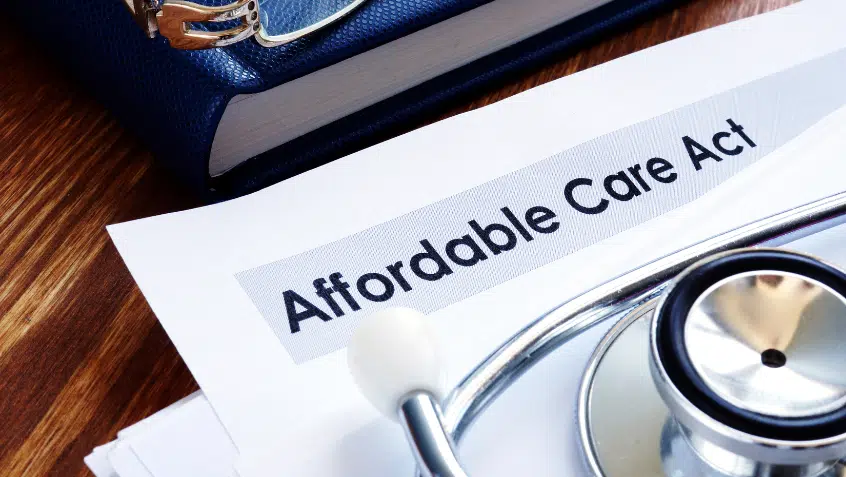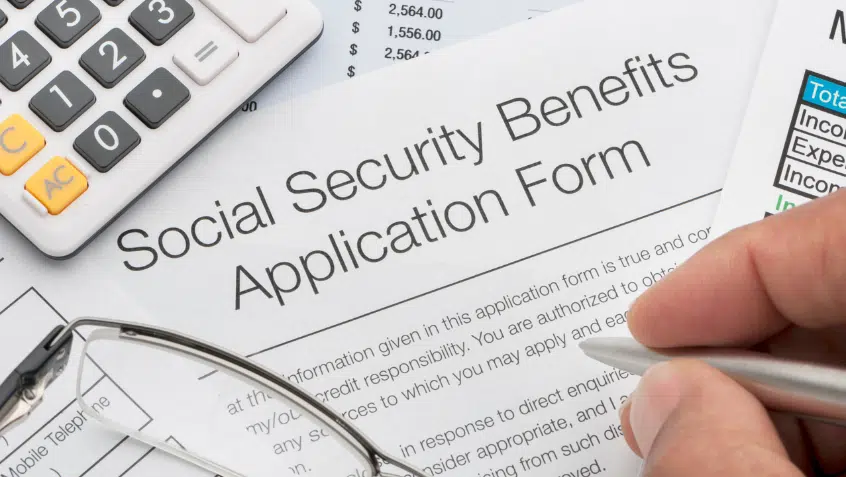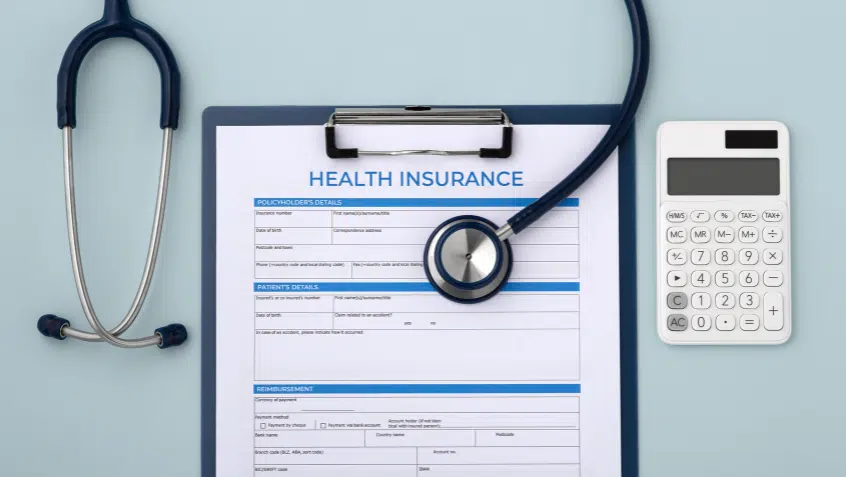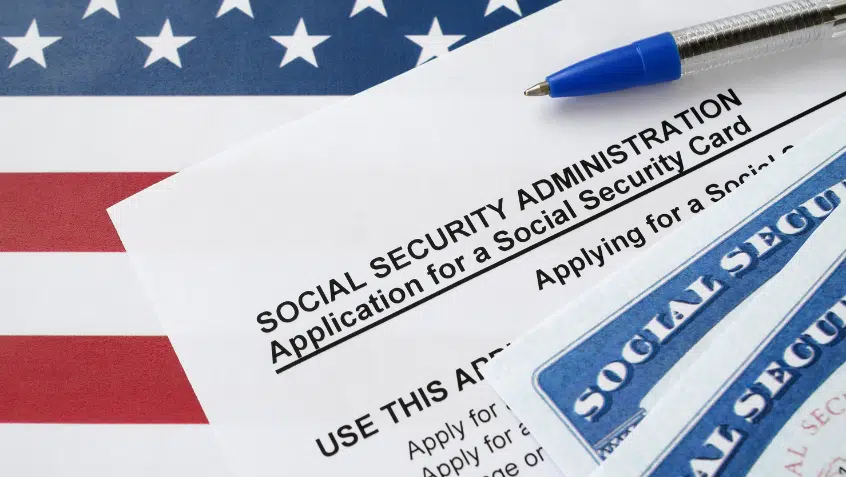Trump Administration Officially Begins Enforcement of its “Public Charge” Immigration Rule

In January, the Supreme Court lifted a temporary injunction that had been blocking the Trump administration’s “public charge” immigration rule. That meant the policy could move forward in every state except Illinois, where a separate injunction was holding up the rule until Friday, when the Supreme Court struck it down as well. That decision cleared the way for the Department of Homeland Security (DHS) to implement the policy nationwide. DHS officially began enforcement on Monday, February 24.
The administration’s public charge rule greatly expands the government’s ability to refuse green cards or visas for legal immigrants who are deemed likely to use certain public benefits. This could make it much more difficult for older adults and people with disabilities to pursue citizenship, reunite with their families, and access the supports they need to thrive.
As multiple studies and experiences indicate, the rule was significantly disruptive well before it took effect. A new report from the National Immigration Law Center (NILC) underscores and documents these impacts.
Drawing on interviews with service providers—including benefits enrollers, health care professionals, and attorneys—in several states, the report demonstrates that fear of being considered a public charge and misunderstanding about the rule has already prevented people from seeking critical health, nutrition, and safety net assistance. This chilling effect has also extended to people who are not even subject to the public charge test, causing them to forgo important care.
The report finds that as a result, the Trump administration’s public charge policy is putting the health and well-being of entire families at risk. It is also creating burdens for human services and health care professionals who are working to address misinformation, connect people with services, and answer questions related to public charge, immigration, and benefits eligibility. With implementation now underway, these outcomes are likely only to worsen.
Importantly, although the rule is in place, legal advocacy continues. Since the justices did not address the policy’s constitutionality in allowing enforcement to begin, litigation on that issue may proceed through the lower courts. If conflicting rulings occur, public charge could once again reach the Supreme Court—this time on the merits.
As the judicial and implementation processes unfold, the Medicare Rights Center remains extremely concerned about the impact of these dynamics on immigrants and their families as well as on those who help them navigate, understand, and access needed services and supports. We urge the administration to abandon this harmful rule without delay.
The Latest
Most Read
Trump Administration and Elon Musk’s DOGE Closing Social Security Offices, Harming Access to Services
Threats to the Social Security Administration and to Benefits Continue to Raise Alarm
New Resources Show House Budget Would Slash Medicaid, Despite Voters’ Support of Program
Federal Government Funding Decisions Loom
Add Medicare to Your Inbox
Sign up to receive Medicare news, policy developments, and other useful updates from the Medicare Rights.
View this profile on InstagramMedicare Rights Center (@medicarerights) • Instagram photos and videos









